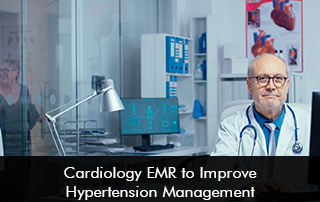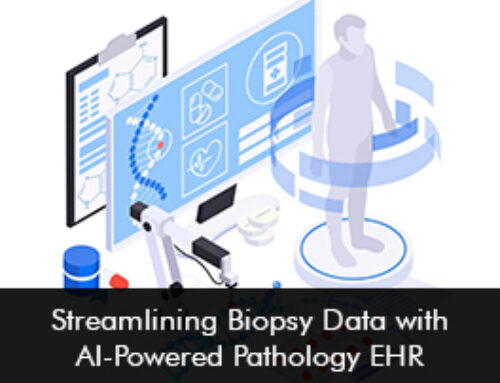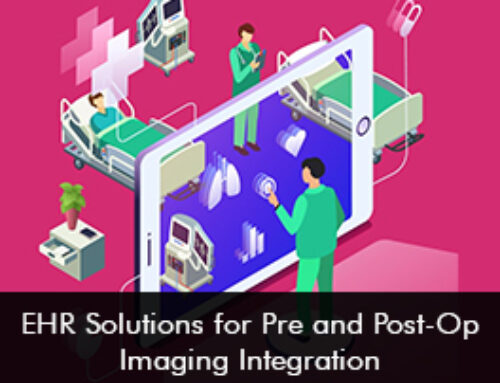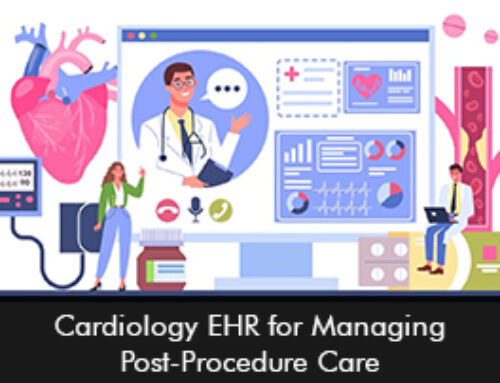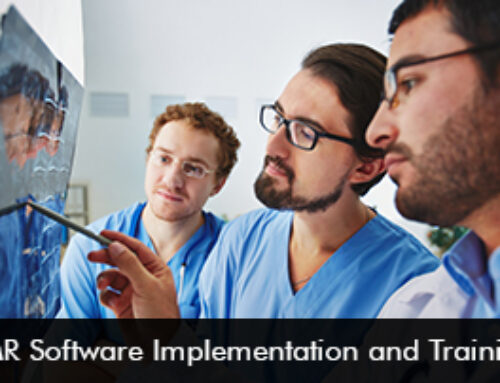Managing chronic conditions such as hypertension, often referred to as the “silent killer,” is one of the biggest challenges faced by cardiologists today. This is where Electronic Medical Records (EMR) and Electronic Health Records (EHR) software emerge as transformative tools. These systems have revolutionized healthcare by offering seamless data management, enhanced communication, and actionable insights to improve patient outcomes.
The Vital Role of EHR in Cardiology
Cardiology-specific EMR systems are designed to meet the unique needs of cardiovascular specialists, enabling them to monitor hypertension and related comorbidities with greater precision. They provide a centralized repository for patient data, integrate diagnostic tools, and offer advanced analytics to help physicians make data-driven decisions. In today’s digital-first healthcare environment, leveraging the capabilities of EHR software has become indispensable for improving hypertension care, reducing complications, and enhancing overall efficiency.
How EMR Improves Hypertension Management
Centralized Patient Data for Accurate Diagnosis and Treatment
- Consolidates medical history, medication lists, test results, and physician notes into one easily accessible system.
- Tracks blood pressure trends over time to enable more accurate hypertension diagnosis and adjustments to treatment plans.
- Facilitates collaboration among cardiologists, primary care physicians, and other specialists involved in patient care.
Hypertension-Specific Documentation Templates
- Preloaded templates focus on capturing key metrics such as systolic and diastolic blood pressure, lifestyle factors, and treatment goals.
- Customizable fields allow cardiologists to tailor documentation to specific hypertension cases.
- Improves efficiency and ensures that essential information is consistently recorded during patient encounters.
Integration with Diagnostic Tools and Wearable Devices
- Interfaces directly with blood pressure cuffs, EKGs, and other diagnostic tools to record results automatically in the patient’s EMR.
- Incorporates data from wearable health devices such as smartwatches or home blood pressure monitors to track patient progress remotely.
- Reduces manual data entry and provides real-time insights into a patient’s condition.
Clinical Decision Support Systems (CDSS)
- Sends alerts and reminders for blood pressure checks, medication refills, or follow-up appointments.
- Offers evidence-based guidelines and recommendations for hypertension management, including drug prescriptions and lifestyle modifications.
- Identifies patients at risk of complications such as stroke or heart failure, enabling timely interventions.
Patient Engagement and Self-Management Tools
- Patient portals give individuals access to their medical records, lab results, and progress reports.
- Secure messaging features allow patients to communicate with their healthcare providers directly.
- Includes educational materials to help patients understand hypertension and the importance of adherence to treatment plans.
Advanced Analytics for Population Health Management
- Aggregates data to provide insights into hypertension trends within a practice or community.
- Identifies gaps in care, such as patients who are overdue for follow-ups or not meeting blood pressure goals.
- Helps practices measure the effectiveness of treatment protocols and adjust strategies as needed.
Telemedicine and Remote Monitoring Capabilities
- Allows cardiologists to conduct virtual consultations, reducing the need for in-person visits for patients with stable hypertension.
- Remote monitoring systems transmit blood pressure readings to the EMR/EHR, enabling real-time tracking and immediate intervention if readings exceed safe limits.
- Expands access to care for patients in rural or under-served areas.
Streamlined Billing and Reimbursement
- Automates coding for hypertension-related visits and procedures, ensuring compliance with billing regulations.
- Reduces claim denials by minimizing errors in documentation and coding.
- Generates detailed reports to support reimbursement claims, especially for value-based care initiatives.
Top 5 Cardiology EMR/EHR Software Recommended for Hypertension Management
-
Epic Systems
- Epic is one of the most widely recognized EHR platforms in the United States, trusted by leading hospitals and cardiology practices.
- It offers robust cardiology-specific modules, including tools for hypertension management, population health, and care coordination.
- Epic’s advanced interoperability enables seamless sharing of patient data across healthcare systems, improving collaboration and patient outcomes.
- It includes MyChart, a patient portal that empowers patients to track their health data, communicate with their providers, and manage appointments.
-
Cerner PowerChart
- Cerner’s PowerChart is a comprehensive EHR solution tailored to meet the needs of cardiology practices.
- It offers real-time data visualization, making it easier for cardiologists to monitor trends in blood pressure and other vital signs.
- The system integrates seamlessly with diagnostic tools and wearable devices for efficient remote monitoring of hypertension.
- Cerner also provides powerful analytics tools to support decision-making and improve care outcomes, particularly for chronic conditions like hypertension.
-
AdvancedMD
- A cloud-based solution that combines cardiology EMR with practice management tools.
- Offers customizable templates for hypertension and other cardiovascular conditions.
- Includes telehealth integration, automated reminders, and robust analytics for tracking patient outcomes.
-
drChrono
- A versatile platform known for its mobile-first approach, making it ideal for cardiologists on the go.
- Includes advanced scheduling tools, patient portals, and customizable hypertension management templates.
- Integrates with wearable devices and telehealth platforms for remote monitoring of blood pressure.
-
Athenahealth Cardiology EHR
- A cloud-based system offering a full suite of features, including patient engagement, care coordination, and revenue cycle management.
- Provides analytics for tracking quality metrics and improving patient outcomes.
- Telehealth capabilities enable cardiologists to monitor hypertension remotely and conduct virtual consultations.
Cardiology EMR and EHR software have proven to be game-changers in managing chronic conditions like hypertension. By centralizing patient data, integrating diagnostic tools, and offering advanced analytics, these systems empower cardiologists to deliver more personalized and effective care. With features such as clinical decision support, telemedicine integration, and population health management, EMR/EHR software enhances both individual patient outcomes and overall practice efficiency.
For cardiologists seeking to optimize hypertension management, selecting the right EMR/EHR platform is crucial. Solutions like Epic EMR, AdvancedMD, Cerner EHR, drChrono, and Athenahealth stand out for their cardiology-specific features and capabilities. Adopting one of these top-tier platforms is a step toward improving patient care and staying ahead in today’s rapidly evolving healthcare landscape.


